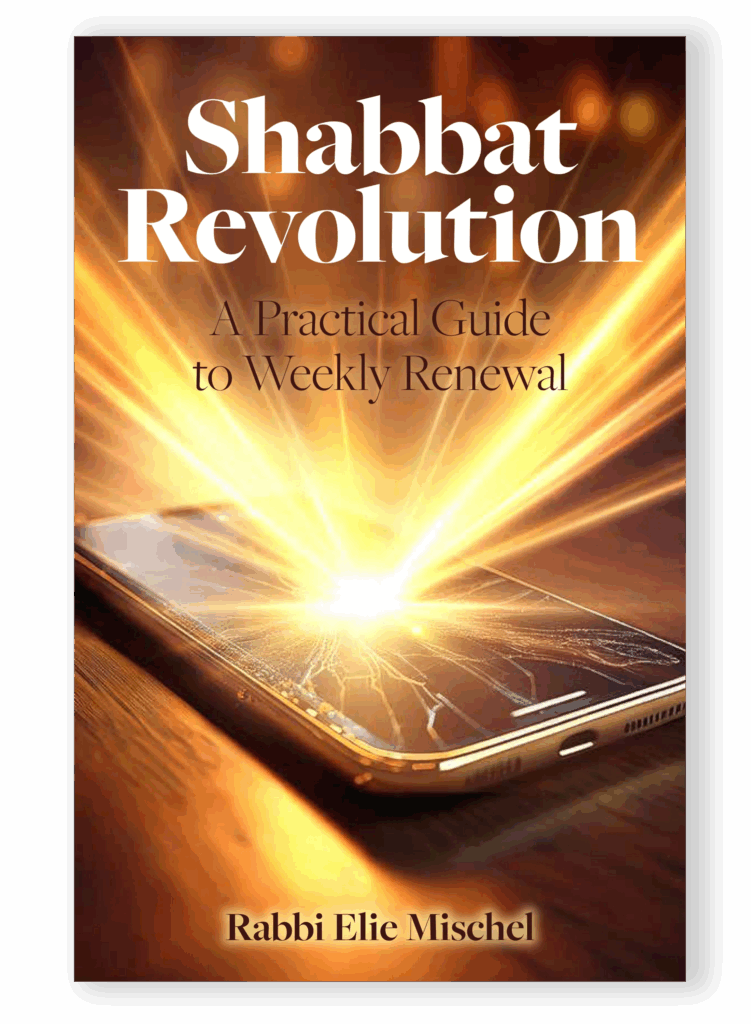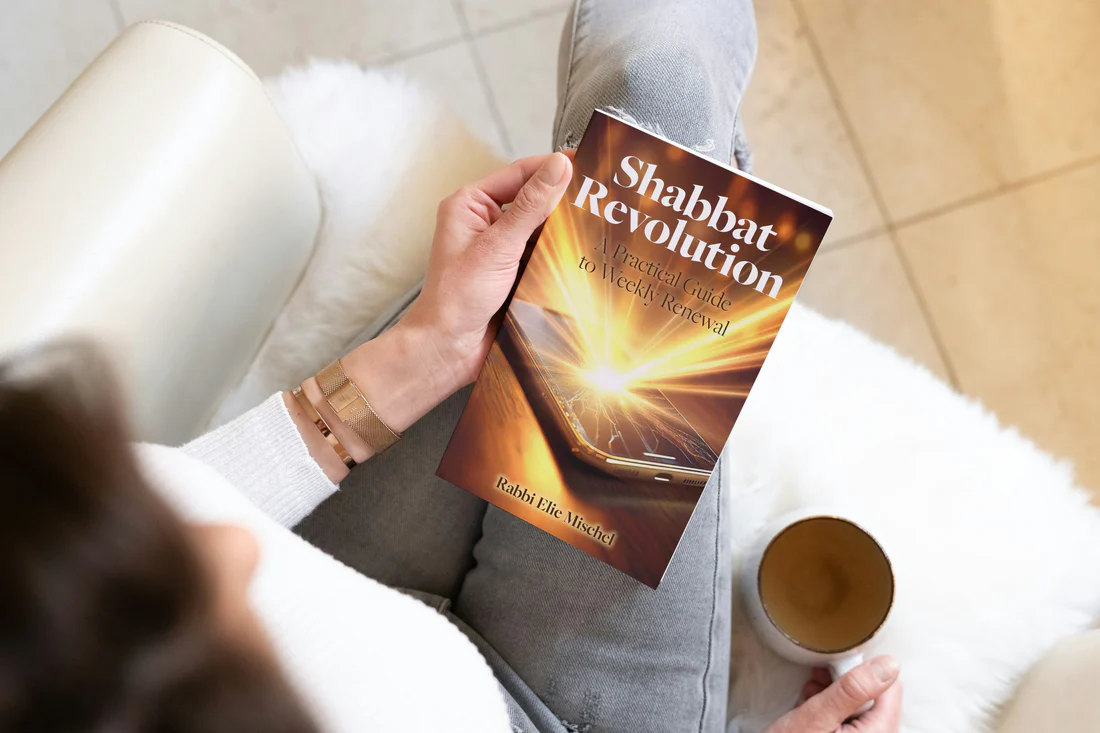What if the solution to our spiritual exhaustion, fraying families, and cultural chaos has been sitting in plain sight for 3,000 years?
Rabbi Elie Mischel didn’t set out to become a revolutionary. An Orthodox rabbi living in Efrat—in Judea, just a hilltop breeze away from Bethlehem—he spends his days strengthening the bridge between Jews and Christians through Israel365, where he serves as Director of Education. Yet his latest mission isn’t about geopolitics or theology. It’s about time. Sacred time.
That mission came into focus during a conversation with Pastor Jim Staley of Passion for Truth Ministries, who recently interviewed Rabbi Mischel about his new book. What unfolded was less of a formal Q&A and more of a heartfelt exchange between two leaders—one Jewish, one Christian—discovering just how urgently the modern world needs Shabbat.
It started on a speaking tour across America. Rabbi Mischel came to talk about Israel’s security. Instead, everywhere he went—Spokane, Lubbock, northern Colorado—Christians wanted to talk about one thing: Shabbat.
And not in an abstract, theological way. They wanted to do it.
“How do I start? What does Friday night look like? What prayers do you say? What do you eat?”
These weren’t idle questions. These were hungry souls.
So, in the middle of a war back home in Israel, while dashing to bomb shelters between sirens, Rabbi Mischel wrote Shabbat Revolution: A Practical Guide to Weekly Renewal—a book for Christians that lays out the Jewish practice of Shabbat in all its richness, without watering it down.

Why? Because, as he says, “More than the Jews have kept Shabbat, Shabbat has kept the Jews.”
A Day That Stops the World
Shabbat is older than Israel, older than Sinai. It’s woven into creation itself: “And there was evening, and there was morning—the seventh day.” It’s not a Jewish invention; it’s God’s. And it was given to humanity before we even needed saving.
But in our era of 24/7 news cycles, weaponized distraction, and smartphones glued to our palms, Shabbat isn’t just a holy day—it’s an act of rebellion.
In Jewish homes, as sunset nears on Friday, the world slows. Phones are put away. The table is set. Candles are lit. The noise of the week gives way to a sacred quiet. Families sit down—not for a rushed bite, but for a feast of food, blessing, and presence.
Presence. That’s the word Rabbi Mischel returns to again and again. On Shabbat, he says, “my kids know they have me in a different way.” No buzzing phone in his pocket. No half-glances at the clock. Just a father at the table, blessing each child by name, looking them in the eye, and meaning it.
And it changes everything. Over time, it forges bonds that can withstand the teenage years, the pressures of the world, and the inevitable disagreements of family life.
The Glue That Holds Families—and Nations—Together
Christians who try it quickly see what Jews have known for millennia: Shabbat is the glue that keeps families—and by extension, communities—intact.
“Families are being torn apart today,” says Pastor Staley. “The enemy knew Shabbat was the glue, so he stole it.”
Science is now catching up. Studies of Seventh-day Adventists—who keep the biblical Sabbath—show they live, on average, ten years longer than other Christians. And brain research confirms that even a short break from devices allows the mind to heal and relationships to deepen.
But Shabbat isn’t just about personal health. It’s about national survival. “Without Shabbat,” Rabbi Mischel says, “I don’t know how the Jewish people would have survived 2,000 years of exile.”
Not Legalism—Life
For some, the word “Sabbath” brings to mind rigidity and rules. Rabbi Mischel rejects that caricature. The “laws” of Shabbat, he explains, are like a cup that holds water: they create the structure that allows the sweetness of the day to be savored. Without the cup, the water spills; without boundaries, the day loses its holiness.
But the point is not legalism—it’s life. A tradition worth keeping, Staley adds, is one that “brings life.”
And that life is tangible: siblings becoming friends, teenagers choosing to stay home on Friday nights, parents and children sharing inside jokes, families inviting guests and making their tables into altars of blessing.
The Blessing We Didn’t Know We’d Lost
Rabbi Mischel’s book is aptly titled The Shabbat Revolution because this one day can indeed turn your life upside-down—in the best possible way.
It’s not about becoming Jewish. It’s about recovering something God gave to all humanity: space to stop, to bless, to be present with Him and with each other.
“The Shabbat is waiting for you,” Staley says. “It’s the blessing you didn’t even know you were missing.”
And in a world addicted to speed and noise, that’s the kind of revolution we desperately need.
You can get your copy of this incredible book here.





